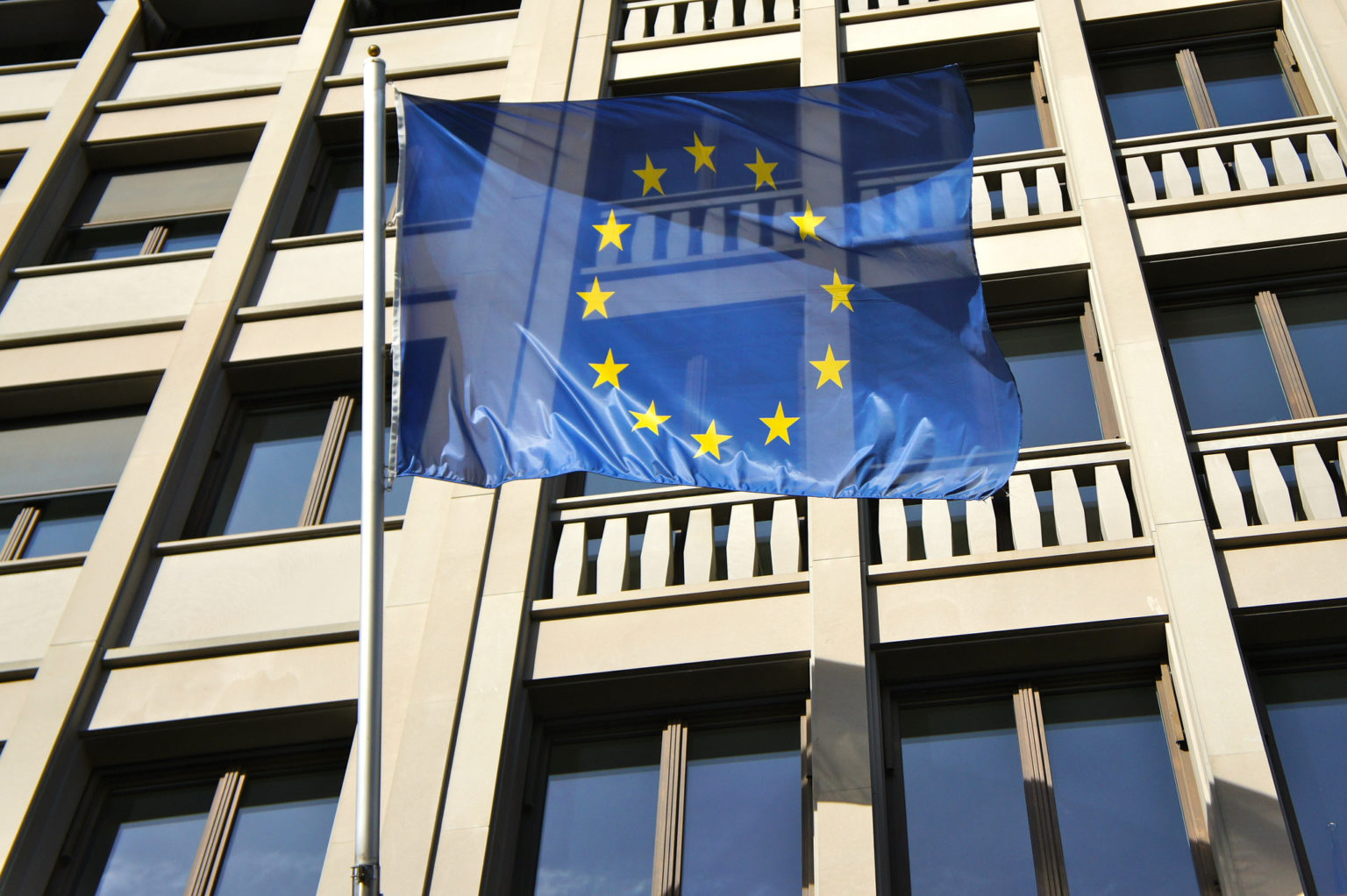Many major multinational companies with strong sustainability policies, such as Facebook and Microsoft, are also members of trade associations that are actively lobbying against European climate policy, a new study released this week finds.
According to the report by the Policy Studies Institute (PSI) at the University of Westminster, businesses use trade associations to lobby on climate policy more than any other approach, including direct contact with policymakers.
But as the report argues, member companies must assess if the position of these trade associations is undermining their own stance on climate change.
Ben Fagan-Watson, lead researcher and research fellow at PSI, said: “Companies which are making strong commitments to deal with climate change need to ensure that their trade associations are singing from the same hymn sheet.”
Climate Policy
“In the run-up to COP21 in Paris, [EU] leadership should not be undermined by trade associations lobbying to protect narrow, short-term industrial interests at the expense of the EU economy and the global climate in the long term,” he continued.
Data from the Carbon Disclosure Project cited in the report shows that 61 percent of all companies surveyed and 77 percent of the largest 500 companies in the world use trade associations to lobby on climate policy.
Other companies highlighted in the report for contradicting their stance on sustainability through membership to one of these trade associations include American consumer goods company Johnson & Johnson, British drinks brand Diageo, and major car companies such as BMW, Daimler and Volkswagen.
The PSI report, funded by sustainable capitalism advocates the Tellus Mater Foundation, claims to be the first academic report to focus on how trade associations representing industrial sectors or broader business interests have lobbied on EU climate policy.
Trade Associations

The European Association of Metals (Eurometaux), The European Chemical Industry Council (Cefic), FuelsEurope and the International Association of Oil and Gas Producers (OGP) were also covered.
Examples of policy positions put forward by the eight trade associations include:
- The EU should not take unilateral action on climate change (BUSINESSEUROPE, Cefic, CEPI, Eurofer, Eurometaux, FuelsEurope, OGP).
- Emphasising the threat of deindustrialisation, ‘carbon leakage’ and job losses as a result of climate action (BUSINESSEUROPE, Cefic, CEPI, Eurofer, Eurometaux, OGP).
- Pitting climate action against competitiveness (BUSINESSEUROPE, Cefic, CEPI, Eurofer, Eurometaux, FuelsEurope).
- Support for the extraction of shale gas and ending support for renewables (BUSINESSEUROPE, Cefic, Eurofer, OGP).
- Arguing that reforms to the EU Emission Trading System are undesirable (BUSINESSEUROPE, Cefic, CEPI, Eurofer, Eurometaux).
- Supporting a single greenhouse gas emissions target and more research for innovation and technology development (BUSINESSEUROPE, CEPI, EURELECTRIC, FuelsEurope, OGP).
Some companies, however, have chosen to distance themselves from these types of trade bodies. Last August, the multinational consumer goods giant Unilever ended its relationship with BUSINESSEUROPE due to tensions with the lobby group’s stance on environmental policies. This was shortly followed by Google’s exit from American right-wing lobby group ALEC in September 2014 for its opposition to action on climate change.
‘A Mañana Position’
As the report notes, all of these trade associations have publicly available statements about their commitment to tackling climate change, and many of these are positive and favour climate action.
But as one NGO told PSI: “In general terms we all … support climate action. The question is, will it be conditional on actions in the international negotiations? … the devil is within the detail.”
This was echoed by one of the trade associations examined by the report. An unnamed representative told PSI: “You will hear, if you interview some of the energy intensive associations, lots of language about climate. Listen very, very carefully. They acknowledge the challenge, want a stronger carbon price to tackle this. The issue is they never say exactly what for or exactly when.
“It’s a mañana position. And there’s lots of weasel wording … When I sit with these people … behind closed doors – what I actually hear is climate denial.”
Photo: Yukiko Matsuoka via flickr // In-text photo in the public domain
Subscribe to our newsletter
Stay up to date with DeSmog news and alerts







